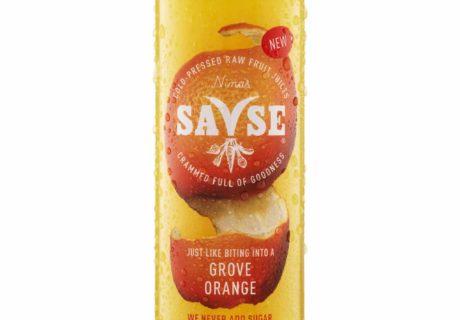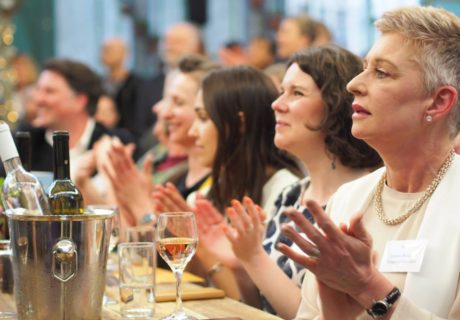London’s first subterranean farm, Growing Underground, opened for its first phase of full production in April.
Following months of product development and fine-tuning, the farm now harvests on a daily basis and supplies via wholesalers, doorstep deliveries and markets.
A range of 20 herb varieties are being cultivated in the former World War II bomb shelters located 100ft beneath Clapham Common, less than three miles “as the Womble burrows” from Parliament Square.
“This is major milestone for us – and for the global urban farming movement,” said co-founder Steven Dring who set up the farm with his business partner Richard Ballard. “We have been working in our food mine for more than two years and we’re thrilled to be bringing our first commercial scale harvest to the surface as spring arrives. We think Londoners will agree, when they taste our produce, that it has been worth the wait.”
Micro versions of green basil, red mustard, coriander, garlic chives, wasabi mustard, purple radish, red basil, salad rocket and pink stem radish are included in the current range.
The farm features state-of-the art lighting, hydroponics and ventilation – and offers Londoners the lowest possible food miles for the popular herbs, which are cultivated on special growing platforms.
Constant temperatures and the absence of pests contribute to the exceptional quality of the produce, which has already received positive reviews from critics.
Michel Roux Jr, Michelin-starred chef and a co-director of Growing Underground, commented: “I’m delighted that Richard Ballard and Steven Dring have reached this important landmark in the development of the farm, which coincidentally is almost directly below my home. I’ve enjoyed working with the team on the development of the offering and I am confident that these amazing herbs will be extremely popular with Londoners. They’ll certainly be a fixture on the menu at Le Gavroche and I am developing a recipe with Growing Underground herbs at its centre.”
“We’re hoping Londoners will support us by buying our produce,” Richard Ballard added. “This is about sustainably feeding the city from within the city and contributing to our community through food, jobs and education.”





